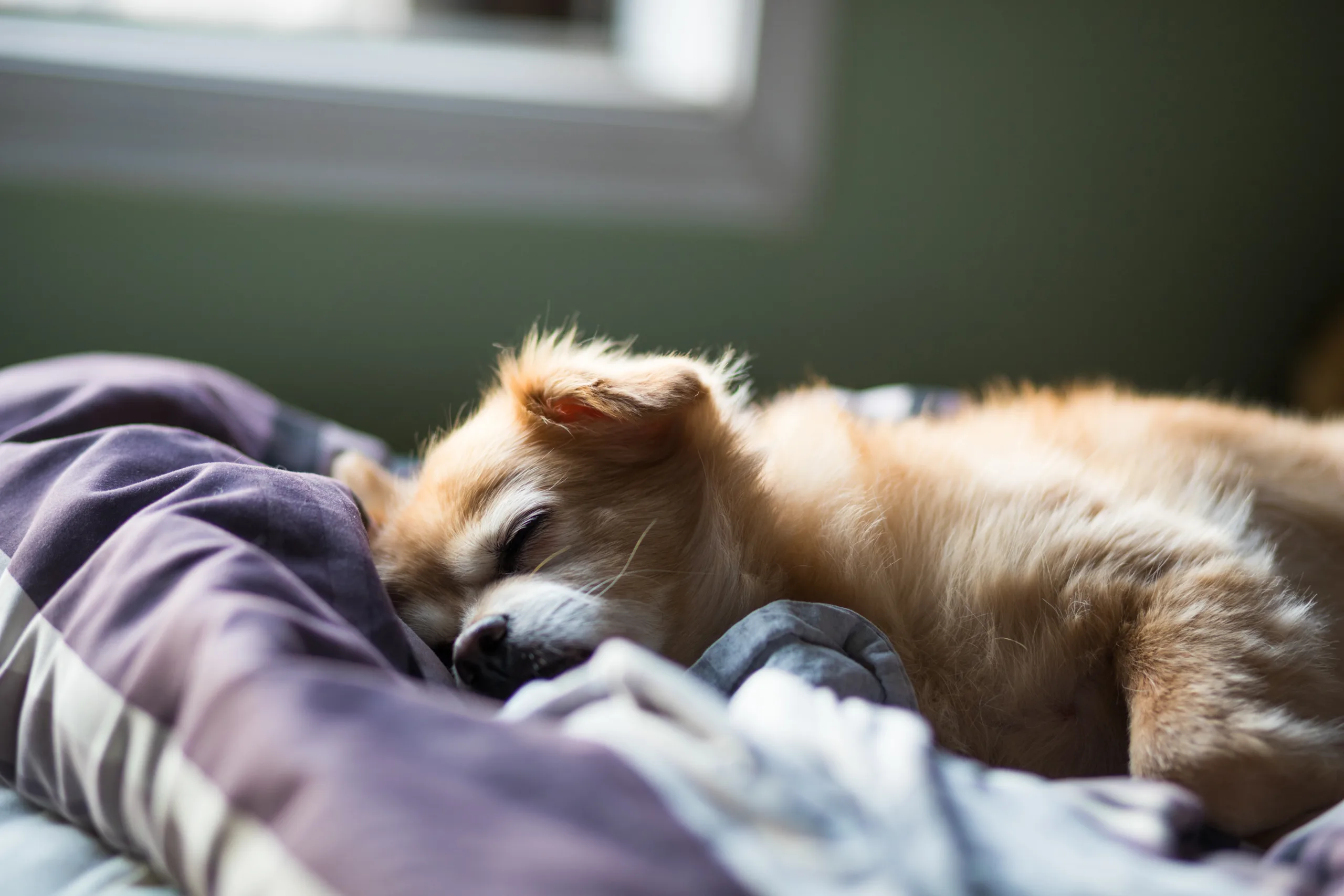As our loyal and affectionate companions, dogs have adapted to living alongside humans for thousands of years. While their ancestors were primarily nocturnal, our modern-day domesticated dogs have evolved to fit into our diurnal (daytime) schedules. In this comprehensive guide, we will explore the sleep patterns of dogs, identify dog breeds that may exhibit nocturnal behavior, understand what dogs do at night, delve into their night vision capabilities, and address whether dogs are scared of the night.
Introduction
Dogs have become an integral part of our lives, and their behaviors have adapted to coexist with our daily routines. While dogs may exhibit nocturnal tendencies to some extent, their domestication has led to changes in their sleep patterns. In this guide, we will explore the natural sleep patterns of dogs, their ancestral nocturnal behavior, any specific dog breeds with nocturnal tendencies, their activities during the night, their night vision capabilities, and their potential fear of the night.
For more about dogs click here
Do Dogs Naturally Sleep at Night?
Yes, dogs are naturally diurnal animals, meaning they are active during the daytime and sleep at night. Over time, dogs have adapted to human schedules and often sleep when their owners do, becoming more active during the day to align with human activities.
The Nocturnal Ancestry of Dogs
Dogs are descendants of wolves, which were primarily nocturnal hunters. Their ancestors’ nocturnal nature was necessary for survival, as they relied on stealth and the cover of darkness to hunt for prey. However, as dogs were domesticated and started living closely with humans, their sleep patterns evolved to fit into human households.
Dog Breeds with Nocturnal Tendencies
While most domesticated dogs have adapted to diurnal schedules, some breeds may retain some nocturnal tendencies. These tendencies can vary from individual to individual within the breed. Breeds with heightened alertness and protective instincts, such as the German Shepherd, may be more active at night when they perceive potential threats.
What Do Dogs Do at Night?
At night, dogs generally spend their time resting and sleeping, much like their human counterparts. They may wake up occasionally to reposition themselves or respond to external stimuli. However, most dogs will spend the majority of the night sleeping, especially if they have engaged in physical and mental activities during the day.
Dogs’ Night Vision Abilities
While dogs are not strictly nocturnal, they have excellent night vision capabilities that make them well-suited for low-light conditions. Dogs possess a higher number of rod cells in their eyes, which are responsible for detecting light and motion. This adaptation allows them to see better in dim lighting compared to humans.
Are Dogs Scared of the Night?
Most dogs are not inherently scared of the night itself. However, some dogs may exhibit fear or anxiety in the dark due to unfamiliar sounds, shadows, or experiences. Providing a safe and comfortable sleeping area, along with familiar toys or bedding, can help alleviate any anxiety your dog may have at night.
Frequently Asked Questions (FAQs)
Q1: Should I keep my dog awake during the day to make them sleep at night?
No, it is not recommended to keep your dog awake during the day to make them sleep at night. Dogs require adequate rest and sleep for their well-being. Ensuring they receive regular exercise and mental stimulation during the day can help promote more restful sleep at night.
Q2: Can I use nightlights to help my dog feel more comfortable at night?
Yes, using nightlights in your home can help your dog feel more at ease in dimly lit areas. Nightlights can provide enough illumination to reduce anxiety related to darkness.
Q3: Are certain dog breeds more active at night than others?
Some dog breeds, particularly those with strong protective instincts or high energy levels, may be more active at night. Breeds like the Border Collie, Australian Shepherd, and German Shepherd may exhibit more nocturnal tendencies.
Q4: How can I create a calming environment for my dog at night?
Creating a calming environment for your dog at night involves providing a designated sleeping area with familiar bedding, toys, and a comfortable temperature. Minimizing loud noises and providing a sense of security can also help your dog feel more relaxed at night.
Q5: Should I leave food out for my dog at night?
While leaving food out for your dog at night is not necessary, you can offer a small snack before bedtime if your dog tends to get hungry during the night. However, avoid feeding large meals close to bedtime to prevent digestive issues.
Conclusion
While dogs have ancestral roots as nocturnal hunters, their domestication has led to changes in their sleep patterns, making them primarily diurnal animals. Dogs naturally sleep at night, aligning their schedules with their human companions. Some breeds may retain nocturnal tendencies to varying degrees, but most dogs spend their nights resting and sleeping peacefully. Dogs’ exceptional night vision capabilities allow them to navigate and perceive their surroundings in dim lighting, making them well-adapted for both day and night activities. By providing a safe and comfortable environment for our canine friends, we can ensure that they enjoy restful nights as cherished members of our families.
Click here for more
